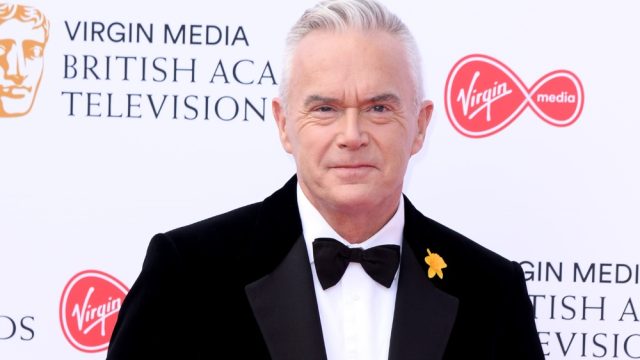A BBC report into the investigation of the Huw Edwards scandal has identified shortcomings in the corporation’s process.
A review of the BBC’s non-editorial complaints process was commissioned last year in the wake of the scandal. It was led by BBC Group COO Leigh Tavaziva and Deloitte, under the direction of Simon Cuerden. The report was published on Tuesday.
Tavaziva said: “Although our existing processes and systems are, on the whole, working effectively, this review shows that we need to join them up better to ensure no matter how a non-editorial complaint comes into the BBC it is escalated swiftly, when needed, and dealt with by the right people.
“Where the review identifies process improvements we accept those in full, and we are delivering on an action plan with a number of enhancements already in place.
“The report identifies specific process shortcomings in the presenter case. The initial complaint in this case was not escalated quickly enough to senior management and we have apologized to the complainant for this.”
The news broke in early July, 2023, that a top BBC presenter was facing allegations of paying a teenager for sexually explicit photographs, later revealed to be Edwards.
Edwards’ wife, Vicky Flind, issued a statement on July 12 saying Edwards is suffering “serious mental health issues” and has been hospitalized. “As is well documented, he has been treated for severe depression in recent years,” she said. “The events of the last few days have greatly worsened matters.”
Neither the report, nor the press release about it, names Edwards, instead referring to him as the “presenter.”
The report notes that the “primary learning from this case is that the potential wider significance of this issue for the BBC was not recognized within corporate investigations at the time of complaint receipt / triage.” It adds that as an immediate measure in response to the Edwards case, the BBC implemented an escalation mechanism, including guidance about the features of a complaint requiring escalation.
“The case was not logged on the incumbent case management system (Perspective) contemporaneously, meaning that there was no opportunity for wider visibility of the case within the BBC,” the report notes. “There was no documented process for contact with the complainant and / or follow up, such that when initial attempts to contact the complainant were unsuccessful, the steps to be taken were not sufficiently clear and the process followed was not documented.”
The BBC said that enhancements to the non-editorial complaints process that have already been actioned include: an escalation mechanism for serious non-editorial complaints from any route with oversight by a Specialist Case Management Framework (SCMF); an executive sponsor for the SCMF Uzair Qadeer, chief people officer; and the development of an improved process to select hearing managers, and to pilot new ways to help resolve staff concerns before they become formal complaints (grievances).
Further improvements recommended and planned by the BBC include: greater consistency across teams in how non-editorial complaints are dealt with, regardless of the route by which they are received and then reviewed; better use of technology to manage non-editorial complaints and work to ensure there is a complete picture of all cases across teams dealing with them; as well as work to ensure sufficient resources across specialist teams dealing with non-editorial complaints, to manage the workload in a timely manner without impacting on staff welfare.






















